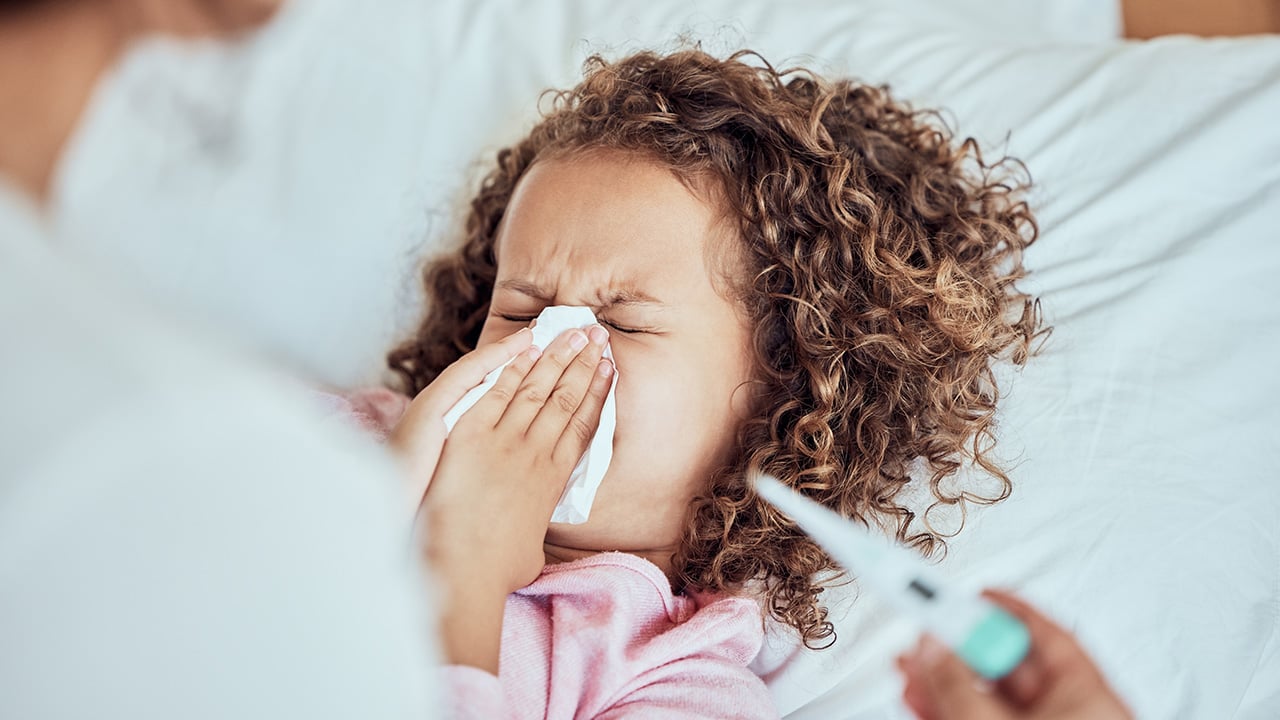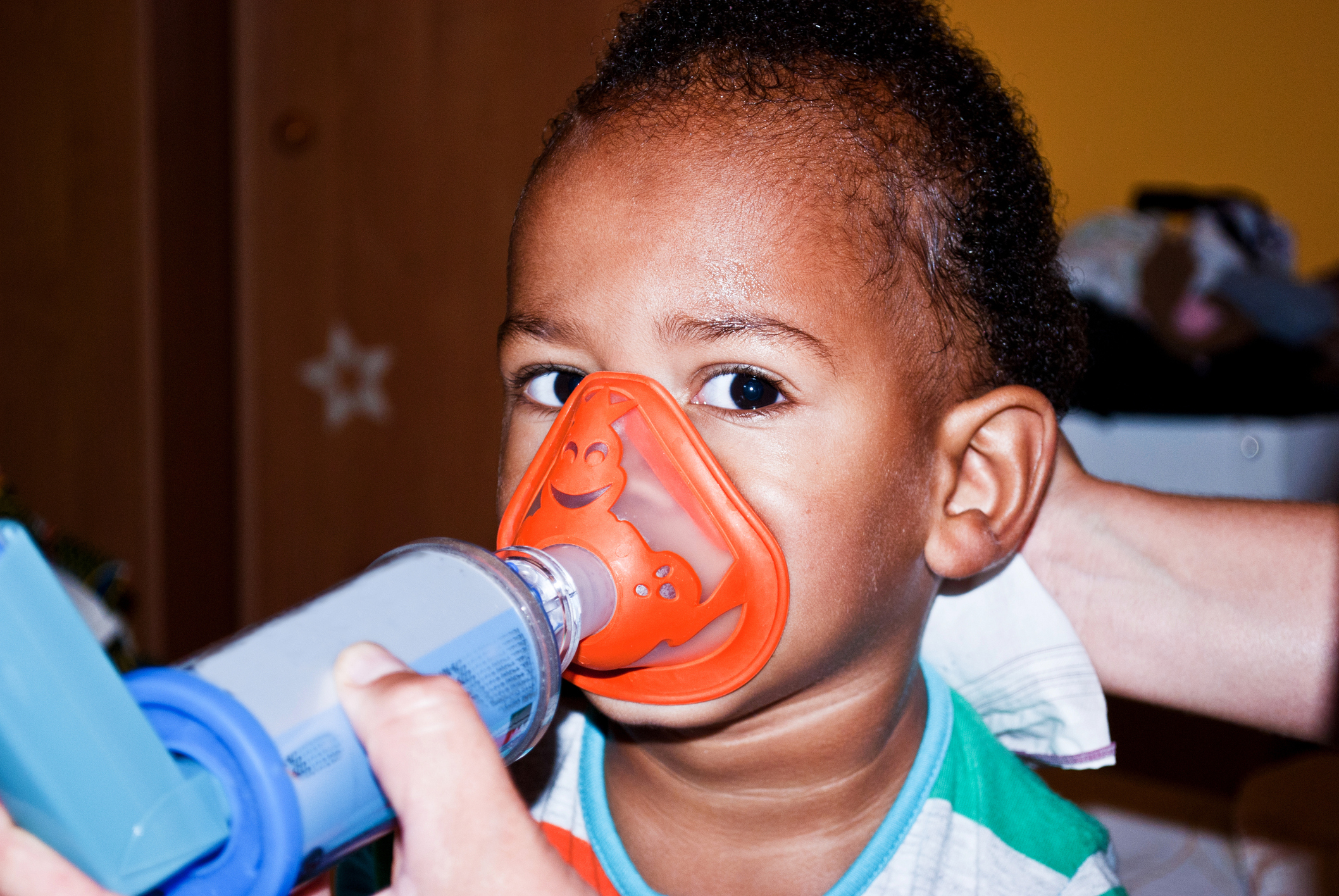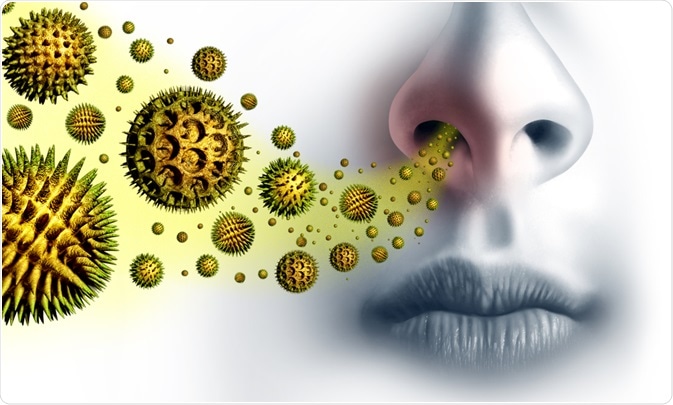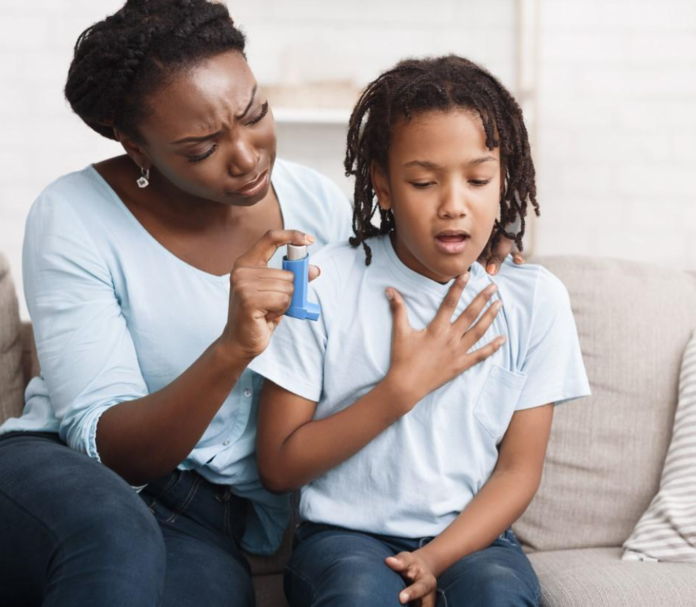An investigation team lead by Nemours Children’s Health has found that the COVID-19 vaccine may help shield kids five years of age and older from symptomatic asthma.
The group assessed state-level temporal trends, computed state-level changes in parent-reported asthma symptoms for 2020 and 2021 compared with 2018 to 2019, and connected trend associations with state-level variables from the same period.

The US Centers for Disease Control and Prevention (CDC) provided age-adjusted COVID-19 death rates from 2020 and 2021; the percentage of the population aged 5 and older who completed the COVID-19 primary vaccination series in 2020 or 2021; and indoor face-covering requirements through August 2021 from 20 states and Washington, DC. These data were used in the observational study. State data on parent-reported asthma symptom rates in children were obtained from the National Survey of Children’s Health 2018-2019 and 2020–2021.
“Social distancing measures in 2020 were associated with lower rates of emergency visits and hospitalizations for asthma among children,” the investigators reported. “Individual-level risk of COVID-19 infection was reduced with vaccination against SARS-CoV-2 for adults and children in 2020 and 2021, and several states sustained other infection prevention efforts (eg, face mask requirements) into 2021.”
The study’s asthma symptom rates decreased.

Parent-reported asthma symptoms dropped from 7.77% in 2018 and 2019 to 6.93% in 2020 and 2021 at the state level. A score of −0.85 percentage points represented the absolute average change.
In the state of Colorado, the average age-adjusted COVID-19 death rate increased from 80.3 per 100,000 persons in 2020 to 99.3 per 100,000 in 2021. Through December 2021, the state’s average completion percentage for the COVID-19 primary vaccine series stood at 72.3%.
It is beneficial to help kids prevent flare-ups in any way that we can.
According to linear regression, there was a 0.36 percentage point decrease in the prevalence of childhood asthma symptoms for every 10 percentage points when COVID-19 immunization coverage increased. The state’s COVID-19 death rates or face-covering laws had no bearing on the prevalence of asthma symptoms. State COVID-19 immunization rates were positively connected with face-covering laws and negatively correlated with state COVID-19 death rates in 2021 but not in 2020.

Lead author Matthew Davis, MD, stated in a Nemours news release that “affects children’s quality of life, whether it is mild or severe.” “So anything we can do to help kids avoid flare-ups is beneficial.”
Incapacity to assess variations in symptoms according to immunization status
“In this study, which is the first population-level parent-reported childhood symptom prevalence and COVID-19 vaccination study we know of, we found that higher COVID-19 vaccination rates may confer protection against symptomatic asthma,” the investigators said.
They claimed that through cross-reactive antibody responses, vaccination may help guard against infection with other human coronaviruses in addition to COVID-19.
“Community-level immunity in states with higher vaccination rates may have helped reduce children’s risk,” they stated. “In contrast, neither concurrent exposure to high population-level burden of COVID-19–attributed disease nor sustained state-level face mask requirements were associated with concurrent trends in parent-reported symptomatic childhood asthma.”
The authors issued a warning, noting that the lack of state data on COVID-19 vaccination uptake among children with a history of asthma prevented them from evaluating differences in symptomatic between vaccinated and unvaccinated children.

“Nonetheless, reduction in symptomatic asthma among children in 2020 and overall individual-level COVID-19 mortality reduction with vaccination against SARS-CoV-2 offer external support for our state-level findings,” they said. “Moreover, the absence of association of COVID-19 vaccination (administered predominantly in 2021) with population-level COVID-19 mortality in 2020 serves as a negative control.”
They continued by saying that more research should be done to ascertain whether raising childhood COVID-19 vaccination rates could reduce the incidence symptoms in children.
Children with a history of asthma may benefit directly from ongoing COVID-19 vaccination, but further study is needed to establish this.

“Continuous COVID-19 vaccination may provide immediate benefits for kids with asthmatic family history, but more research is needed to confirm this,” coauthor Lakshmi Halasyamani, MD, of Endeavor Health in Evanston, Illinois, stated in the press release. “It also raises the question of whether broader population-level COVID-19 vaccination among children and adults can help protect children with , too.”





